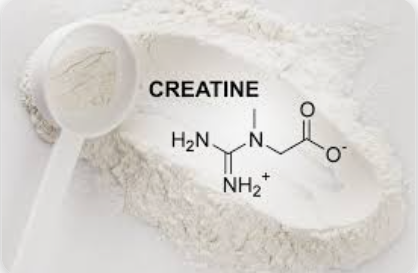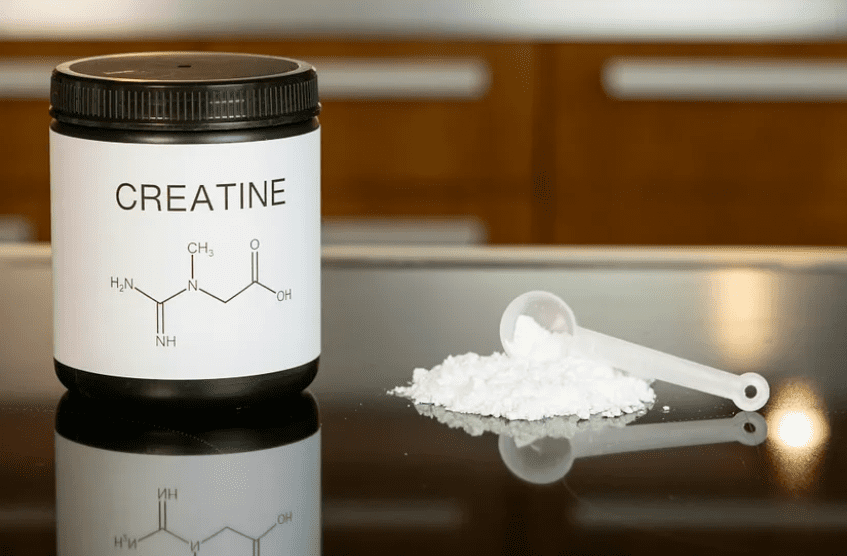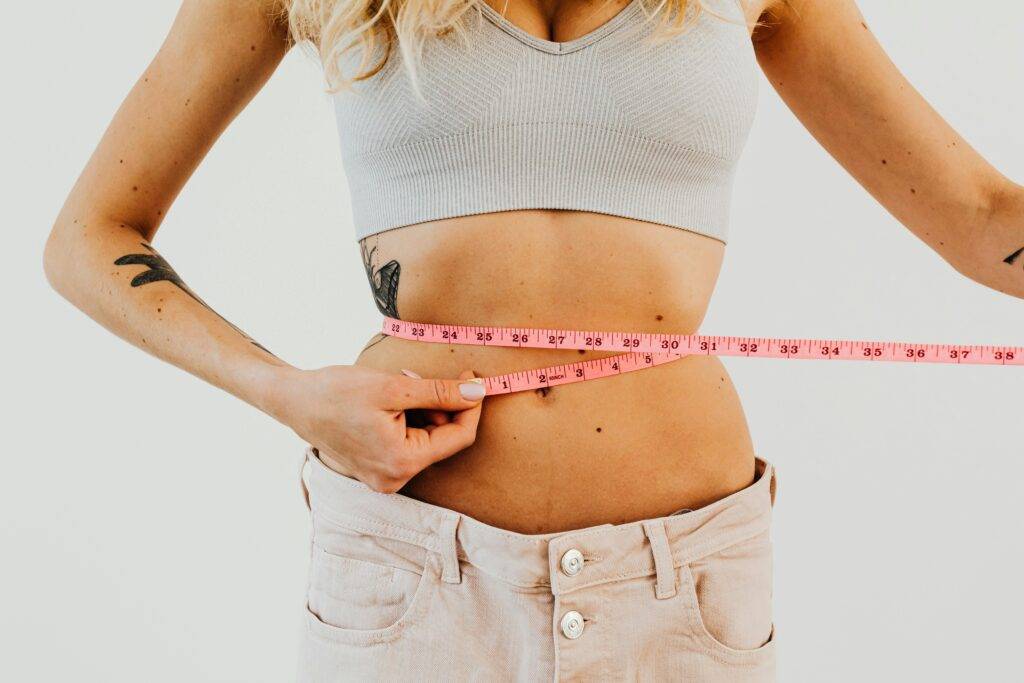
CREATINE CREATINE CREATINE everywhere Your mind also have many questions about creatine, what should we take, what should we not take, how much should we take, how much should we not take, when should we take, when should we not take, today’s post will clear all your doubts. If you take creatine, we will not have any problem. If you want to achieve the goal of fat loss or muscle gain or muscle building, then all you expect is that if you take creatine, you will not have any problem. If you take it at any time, but if you take it post workout. it will help you more because it is scientifically proven.you should take 3 to 5 grams of creatine daily. If you want good results, then 5 grams after daily workout will increase your strength a lot and will help you a lot in achieving your fitness goals quickly.
Now you know when, how much and why you should take creatine. Now let’s see some myths and facts related to it.
MYTHS ABOUT CREATINE

IS CREATINE A STEROID?
NO not at all creatine is not a STEROID it is an natural supplement which every individual must take who is serious about his/her health. CREATINE IS THE MOST RESEARCHED SUPPLEMENT ON THIS PLANET this is why many of them think that creatine is steroid or some unhealthy thing but it is not this is totally a MYTH.
CREATINE = HAIRLOSS
The biggest myth about creatine is that it causes hair loss, but no scientific research has yet proved that it causes hair loss. Nothing within the limit causes harm. If you take anything beyond the limit, it will cause harm. Take the recommended dose of creatine which is 3 to 5 grams. There is no need to do any loading. If you already have the problem of hair loss, consult someone else and take medicine before taking creatine.
KIDNEY DAMAGE
For most humans with everyday kidney characteristic, creatine does not pose a extensive risk to kidney health. However, there is a few difficulty that immoderate or extended use ought to doubtlessly pressure the kidneys, mainly in people with pre-current kidney situations. Creatine is processed by using the kidneys, and high doses ought to result in elevated levels of creatinine, a marker that might advise kidney pressure. To minimize any ability dangers, it is crucial to stick to endorsed dosages, stay well-hydrated, and talk over with a healthcare provider, especially if there are any current kidney issues or other fitness worries.
Creatine is a naturally occurring compound found in muscle cells that helps produce energy during high-intensity exercise. It’s also available as a dietary supplement, often used to enhance athletic performance and muscle growth.
Creatine helps regenerate ATP (adenosine triphosphate), the primary energy carrier in cells. By increasing ATP availability, creatine boosts performance in short, intense activities like weightlifting and sprinting.
Increased Strength: Enhances performance in high-intensity, short-duration exercises.
Muscle Growth: Promotes muscle hypertrophy through improved workout performance and increased water retention in muscle cells.
Improved Recovery: May aid in quicker recovery between intense workouts.
Enhanced Brain Function: Some studies suggest cognitive benefits, particularly under stress or fatigue.
Creatine is generally considered safe for most people when used as directed. Potential side effects include:
Water Retention: Can cause temporary weight gain due to water retention in muscles.
Digestive Issues: Some people experience bloating or stomach discomfort.
Kidney Health: Concerns exist about kidney function, especially in individuals with pre-existing conditions. Staying hydrated and following recommended doses can minimize risks.
The timing of creatine supplementation isn’t crucial. It can be taken at any time of day. Some prefer taking it post-workout with a meal or shake to aid in muscle recovery and uptake.

